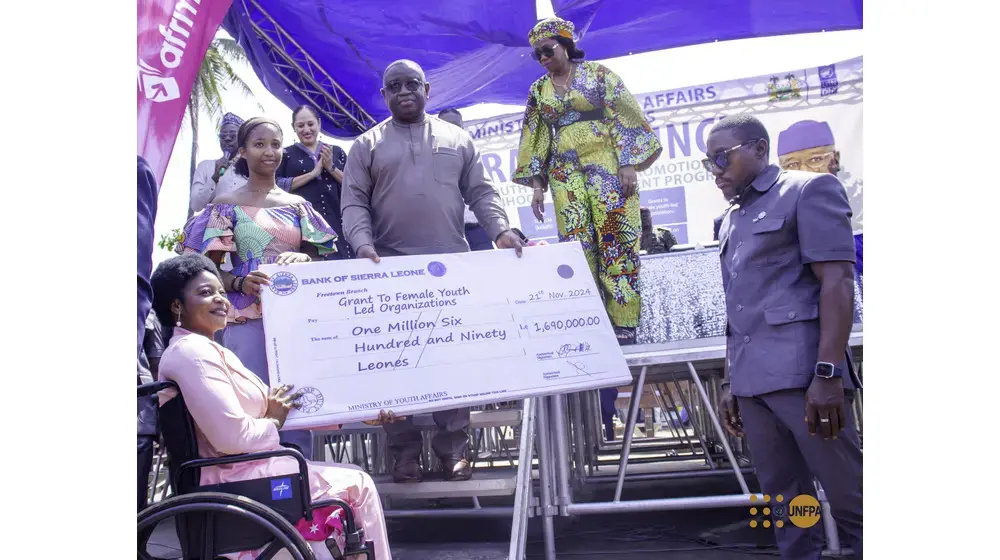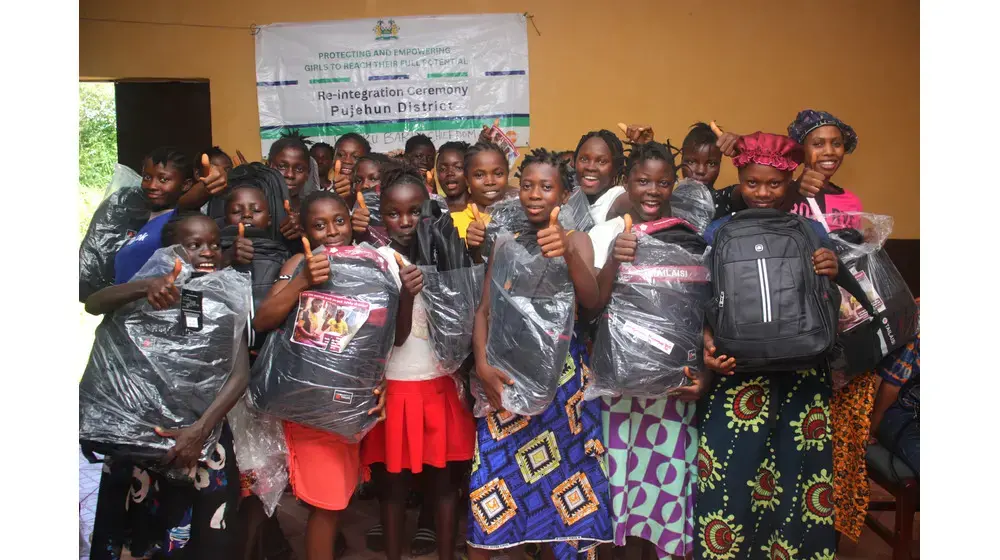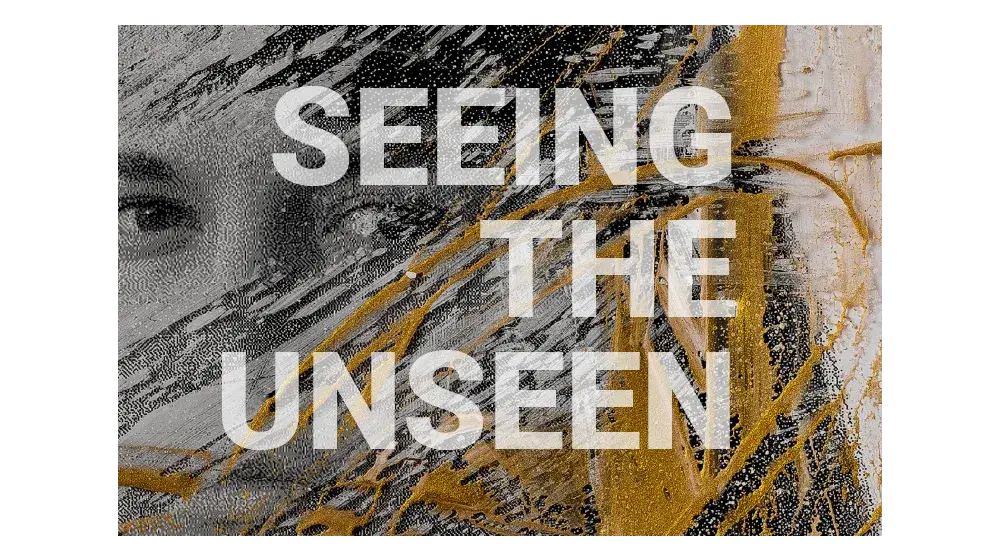BO, Sierra Leone -
Hawa Sannoh is a determined nineteen-year-old young woman. She is wearing a pair of trousers with the Nike slogan ‘Just do it’ written on one leg, that reflects precisely Hawa’s outlook on life. As a participant in the national life skills training programme in Bo district, Hawa confidently stands in front of 60 other participants in Bo Teacher’s Union building, presenting a session on goal setting; an activity she knows very well.
Hawa is taking part in one of four training sessions of the Training on the National Life Skills Manual’ programme, under the Girls’ Access to Education and Services (GATES) project. This programme, spread over five days in September, is organized by the Ministry of Basic and Senior Secondary Education, and supported by the UNFPA with funding from Irish Aid. By attending the training, Hawa is taking her first step in becoming a mentor to 50 young girls aged 10-18 in her community in Kenema district.
In 2015, at the height of the Ebola crisis, like many of her peers, Hawa became pregnant. Having lost her father when she was just 12 years old, Hawa was fortunate to have a supportive mother who ensured she accessed antenatal care services during her pregnancy and delivered her baby girl in the local hospital. “My mother encouraged me,” she recalled. “She said that this was not the end of my life. I was not the only person that had gone through this situation.”
With her mother’s support, Hawa was able to attend the Levuma Kandu community learning centre programme (funded by UK aid and Irish Aid) which provides access to education and services for pregnant girls, who are not allowed to attend school in Sierra Leone. “I didn’t want to stay at home and not learn anything. When I went to the centre I learnt a lot, so when I went back to school it was easier for me to continue with my studies.”
This experience led to the GATES mentorship training. When asked why Hawa was chosen, the training coordinator Vandi Musa said, “Hawa had benefited from the GATES Project and she is a good example for every other girl in the community. She fell pregnant and left school for a year, but she returned to continue her education, and this determination shows other girls that you can always continue your education.”
The training brings together coordinators, facilitators and youth mentors from 40 community learning centres across the country to develop their facilitation skills and prepare them to deliver life skills sessions. The training sessions were conducted in four regions, with a total of 240 participants, as a key part of the 80 girls’ clubs which were launched in September 2018. The sessions cover topics such as sexual reproductive health information and referrals, menstruation, prevention of gender-based violence and response services, and teenage pregnancy and critical thinking skills.
Hawa now works at the Levuma Kandu community learning centre in Kenema that she once attended. Mentors are a key component of the girls’ club model in the community learning centre. In a society like Sierra Leone where gender inequality has led to lower educational attainment among women, the majority of teachers in community learning centres are older males. As a younger female, Hawa along with Kadiatu, another female mentor, bring a gender balance to the team. “I enjoyed the training programme because it helped me to gain knowledge. I especially liked the facilitator because he was very good at teaching us how to mentor others, which provided me with key mentoring skills,” explained Hawa.
She believes that as a young person and especially as a young mother, she would be a good role model for young people in her community. “I want to talk to my friends and tell them that if they have goals in life, they can go back to school and get educated,” said Hawa. “If an elder talks to them, they will most likely just ignore them. They are more likely to listen to me because I am in the same age group and I will encourage them.” About her future, Hawa said, “I want to be educated so I can take care of my mother in her old age and my child." Her personal goals already set, Hawa’s professional aspiration is to become a nurse.
***
UNFPA is the lead UN agency for delivering a world where every pregnancy is wanted, every childbirth is safe and every young person’s potential is fulfilled. UNFPA reaches millions of women and young people in 155 countries and territories.
For more information, please contact:
Ms. Angelique Reid, Communications Specialist
UNFPA Sierra Leone
M: 078 340044




